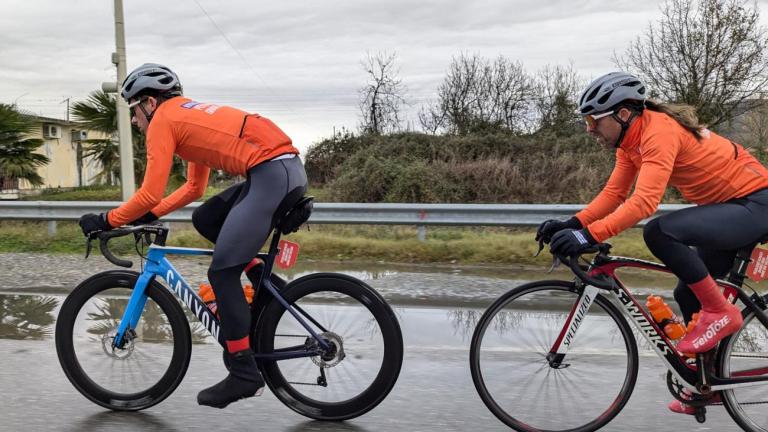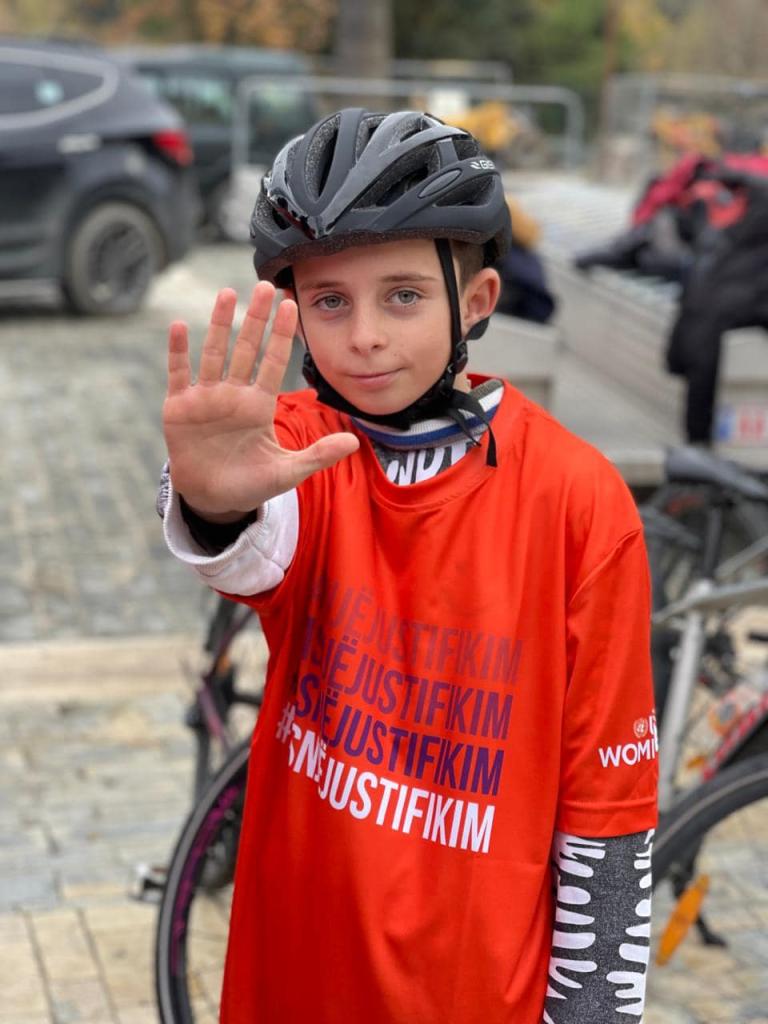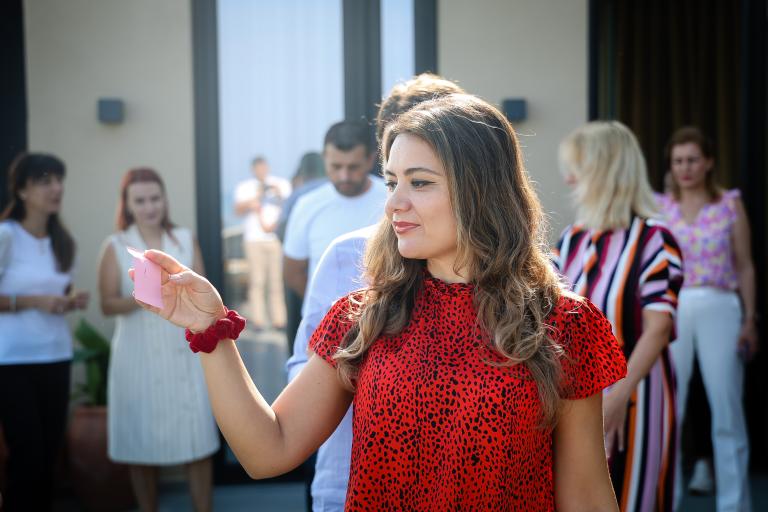Albania has made notable progress on GE, with a strong legal framework and improvements in key gender indices, outperforming global averages. Significant challenges persist, particularly in GBV, women's economic participation, and access to justice. Despite a legal framework addressing domestic violence (DV) and GE, VAW remains widespread, and marginalized groups such as Roma, Egyptian and LGBTI+ women face additional forms of discrimination and violence. Women's labour market participation remains low, especially in rural areas, and women’s economic empowerment is hindered by unpaid work and limited access to resources.
While there have been advances in women’s political participation and gender-responsive budgeting (GRB), societal norms and stereotypes continue to impede true equality. Implementation of laws related to GE and child protection remains inconsistent, with child marriage and VAW remaining pressing issues. Recent reforms, including legal changes to combat violence and improve women's representation in politics, have made progress, but challenges such as online violence and the inadequacy of mental health services for survivors of violence persist. Lack of comprehensive support services for victims and the high prevalence of violence in both the home and online spaces underscore the urgent need for continued investment in GE, awareness raising and comprehensive support systems.
1152 Kilometers of Hope: Cycling Across Albania in 16 Days for a Violence-Free Future for Women and Girls

Over 16 days, a bold initiative swept through Albania, blending the power of sport with a compelling message to end gender-based violence. The Bike Relay, organized by UNDP, UN Women, and UNFPA, in collaboration with We Bike Albania, spanned 1152 kilometers across 16 municipalities promoting the message #NoExcuse for violence against women and girls. Sport, as a universal language, became a powerful tool for social awareness and transformation throughout this campaign.
Learn more.
End Violence Against Women and Children
Violence against women in Albania remains a significant challenge despite legal and institutional progress. Women, particularly those from marginalized groups such as Roma, LGBTI+ and women with disabilities, continue to face GBV that is often underreported due to social, cultural and economic barriers. Although reforms in the Criminal Code and Gender Equality Law are being introduced, challenges persist in enforcement, institutional capacity and addressing deeply rooted gender stereotypes. The EU Report on Albania (2024) recommends further alignment of GBV laws with the Istanbul Convention and enhanced accountability measures. Additionally, the first GREVIO thematic report highlights persistent gaps in institutional response mechanisms, data harmonization, and services for women with disabilities.

In 2024, the UN engaged in policy advocacy and institutional strengthening to combat GBV. Following UN and partner advocacy efforts, a dedicated department within MoHSP was established to focus on VAW. A comprehensive analysis of digital violence was conducted in partnership with Parliament, setting the stage for upcoming legal reforms. Additionally, the Femicide Watch was established under the Ombudsperson of Albania, making it amongst the first national entity to apply global methodologies in tracking femicide trends, with its initial report released during the 16 Days of Activism Against Gender-Based Violence.
Addressing Gender Stereotypes and Harmful Norms and Practices
Despite the prohibition of child marriage in Albania, the practice persists, especially among Roma and Egyptian communities and in remote rural areas, driven by gender inequality, poverty and social exclusion. There is a need for more effective enforcement of existing laws and the development of targeted policies to address this issue. Additionally, persistent gender stereotypes and discriminatory practices hinder social cohesion and GE, as highlighted in a recent UN Women study. The study suggests solutions such as using technology and social media for raising awareness, promoting equal access to education and labour and ensuring equal representation in decision making to foster civic engagement and social cohesion.
To address these systemic challenges, the UN implemented a range of strategic initiatives aimed at dismantling harmful gender norms and stereotypes. Through the regional campaign ‘Imagine’ influencers and activists engaged more than four million people across the Western Balkans, fostering widespread awareness of GBV and discriminatory practices. In addition, the campaign trained 135 young men and boys to serve as peer educators on GE, amplifying community-level change. The UN also supported a dedicated study on GE and women’s participation in sports in Albania. The study provides more evidence and analysis of the legal, policy and institutional frameworks around GE and sports in the country and offers guidance and best practices on integrating gender perspectives across all aspects of sports. The study was used to increase awareness of gender and sports for 80 sports teachers (9 men) at the University of Sports and across the media, including 18 sports journalists (9 women), and through dedicated TV discussions.
Gender-Responsive Planning and Budgeting
Albania has taken significant strides in strengthening gender-responsive planning and budgeting at both the central and local government levels. Institutional capacities have improved, allowing for better integration of gender equality and women’s empowerment priorities into fiscal policies and budgetary processes. Since 2022, the number of government institutions applying GRB has increased from 10 to 24, demonstrating a systemic shift toward equity-focused resource allocation.
A major milestone in 2024 was the finalization of the GRB annex for the 2025–2027 Medium-Term Budget Programme. This annex aligns with the National Strategy on Gender Equality 2021–2030, embedding gender objectives into Albania’s fiscal planning across social protection, education, health and rural development. With 59 per cent of budgetary programmes for 2025 incorporating gender-specific objectives, GRB is now driving more equitable resource distribution and policy implementation.
Gender Equality Mechanisms, Leadership and Participation
Albania has made notable progress in promoting GE, with strong achievements in GRB and women’s representation in politics and leadership, surpassing the EU average in the GE Index. Women hold 35.7 per cent of parliamentary seats, lead half of the Assembly’s permanent commissions and constitute more than half of ministerial roles. However, significant challenges remain, including GBV, underrepresentation in the labour market and limited access to resources such as land, especially in rural areas. Traditional gender norms and systemic inequalities continue to hinder women’s personal and professional development, underscoring the need for improved gender statistics, strengthened institutional coordination and expanded support services to address disparities effectively.

In 2024, Albania is strengthening its GE framework through revision of the law ‘On Gender Equality in Society’, enhancing political quotas and institutional mechanisms. The country also hosted a regional conference on the Beijing Platform for Action, reaffirming its commitment to advancing GE and enhancing national GE structures.

